Introduction of Nephrotic syndrome
Nephrotic syndrome is a symptom of glomerular inflammation. Nephrotic syndrome is a protein-wasting disorder. Nephrotic syndrome damages the glomerular capillary permeability.
Definition of Nephrotic syndrome

Nephrotic syndrome is a primary glomerular disease characterized by proteinuria, edema, and hypoalbuminemia.
Types of Nephrotic syndrome
-
Primary Nephrotic syndrome (85%)
- Minimal change Nephrotic syndrome.
- Most common Nephrotic syndrome.
- Focal segmental glomerulosclerosis.
- Membranous nephropathy.
-
Secondary Nephrotic syndrome (10%)
- Occur in children of all cases.
- Occur due to chronic glomerulonephritis.
-
Congenital Nephrotic syndrome
- Rare disorder.
- Occur due to serious and fatal problems associated with kidney disorder.
Cause of Nephrotic syndrome
- Glomerulonephritis
- Diabetes mellitus
- Autoimmune reaction due to antigen
- Renal disorder
- Antibody reaction
- Nephrotic substance
- Trauma and infection
- Renal thrombosis
- Systemic lupus erythematosus (SLE)
- Viral infection
Pathophysiology of Nephrotic syndrome
Cause
↓
Damage glomerular
↓
Effect glomerular basement membrane
↓
Proteinuria
↓
Decrease serum albumin level (hypoalbuminemia)
↓
Oncotic pressure also decrease
↓
Fluid-filled up in extracellular space
↓
Edema.
Signs & Symptoms of Nephrotic syndrome
- Tried symptoms of Nephrotic syndrome –
-
- Proteinuria
- Hypoalbuminemia
- Edema.
-
- Hyperlipidemia
- Anorexia, weakness and fatigue
- Hypertension
- Shortness of breath ( SOB )
- Anaemia ( due to RBC loss )
- Irritability and restlessness
- Weight gain
- Ascites
- Puffiness around the eyes
- Abdominal pain and diarrhoea
- Pleural effusion and pulmonary edema.
Diagnosis of Nephrotic syndrome
- History collection and physical examination.
- Urine analysis ( 24 hrs. urine )
- Haematuria
- Proteinuria
- Blood test ( CBC )
- Serum protein decrease
- Serum cholesterol increase
- Blood urea nitrogen ( BUN )
- Serum creatinine (increase).
- Renal function test.
- Renal biopsy.
- Renal USG.
- X-ray
- Intravenous urogram ( IVU )
- Renal scan
Treatment of Nephrotic syndrome
- Drug of choice is prednisolone.
- Diuretic drug for edema.
- Corticosteroids and immunosuppressive drugs.
- Antilipidemic.
- Antihypertensive drugs.
- Antibiotics for infection.
- Anticoagulant therapy.
- ACE inhibitors.
Dite’s in Nephrotic syndrome
- A high protein diet, treat proteinuria condition.
- High carbohydrate diet.
- Sodium restriction diet.
- Fluid restriction.
Complications in Nephrotic syndrome
- Infection
- Hypovolemia
- Pulmonary edema
- Growth retardation
- Thromboembolic complication.
Nursing Management of Nephrotic syndrome
- Nurses monitor vital signs and patient daily urine output.
- Monitor daily weight of patients.
- Observe edema condition and restrict fluid intake.
- Diagnostic urinalysis and assess proteinuria.
- Provide a high carbohydrate and high protein diet to patients.
- Provide sodium restriction diet.
- Provide corticosteroid, diuretic and immunosuppressant therapy.
- Provide cell prescribe medication.
- Encouragement for oral hygiene.
- Maintain patient input and output charts.
- Nurses use proper aseptic techniques.
A nurse prepares the patient for hemodialysis.
- Provide physiological and emotional support.
- Nurses focus on a high-protein diet.
Key Points
- Protein wasting renal disorder – Nephrotic syndrome.
- Tried symptoms of Nephrotic syndrome – Proteinuria, edema, hypoalbuminemia.
- Common type of Nephrotic syndrome – Primary Nephrotic syndrome.
- Drug of choice of Nephrotic syndrome – Prednisolone.
- Common nursing action, when patient on diuretic therapy – Daily weight measure.
- Common diet in aprotic syndrome – High protein diet.


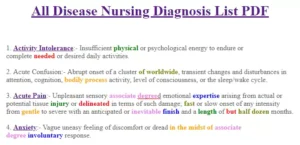


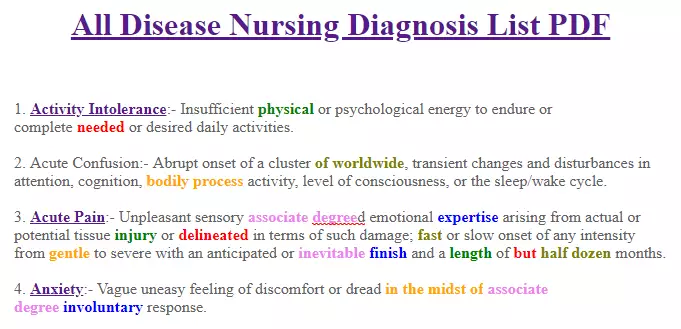

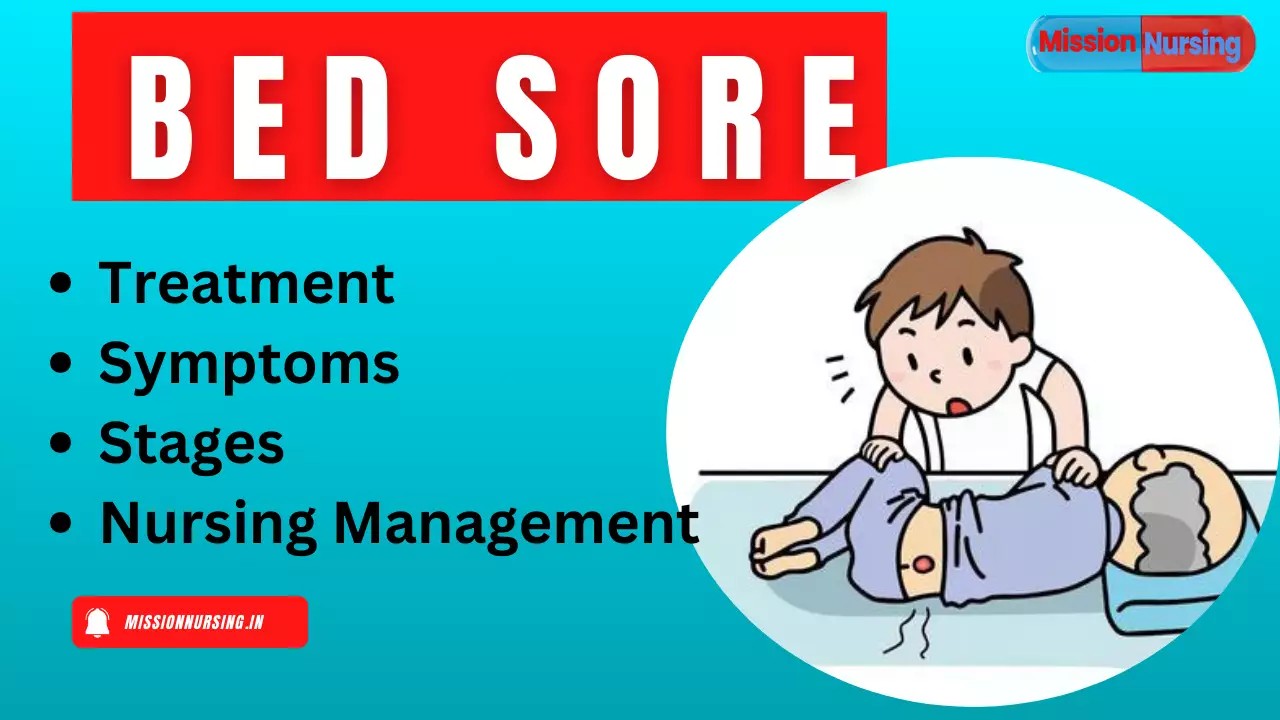

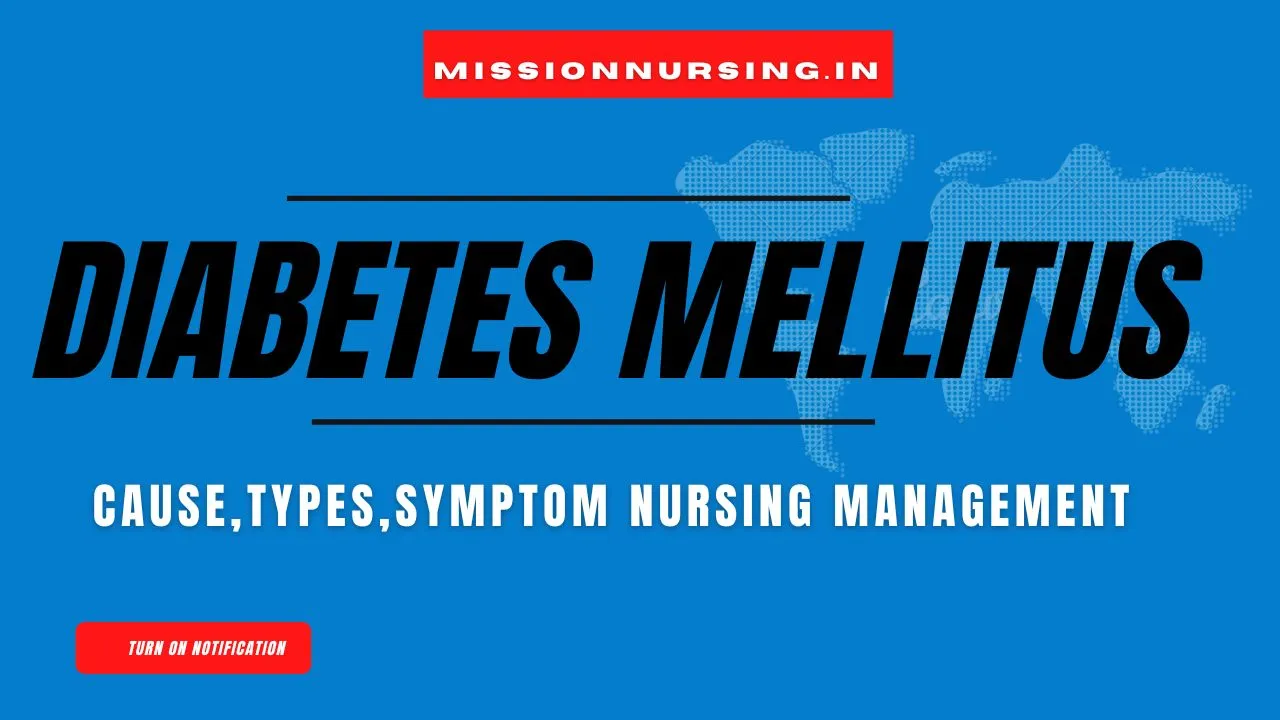


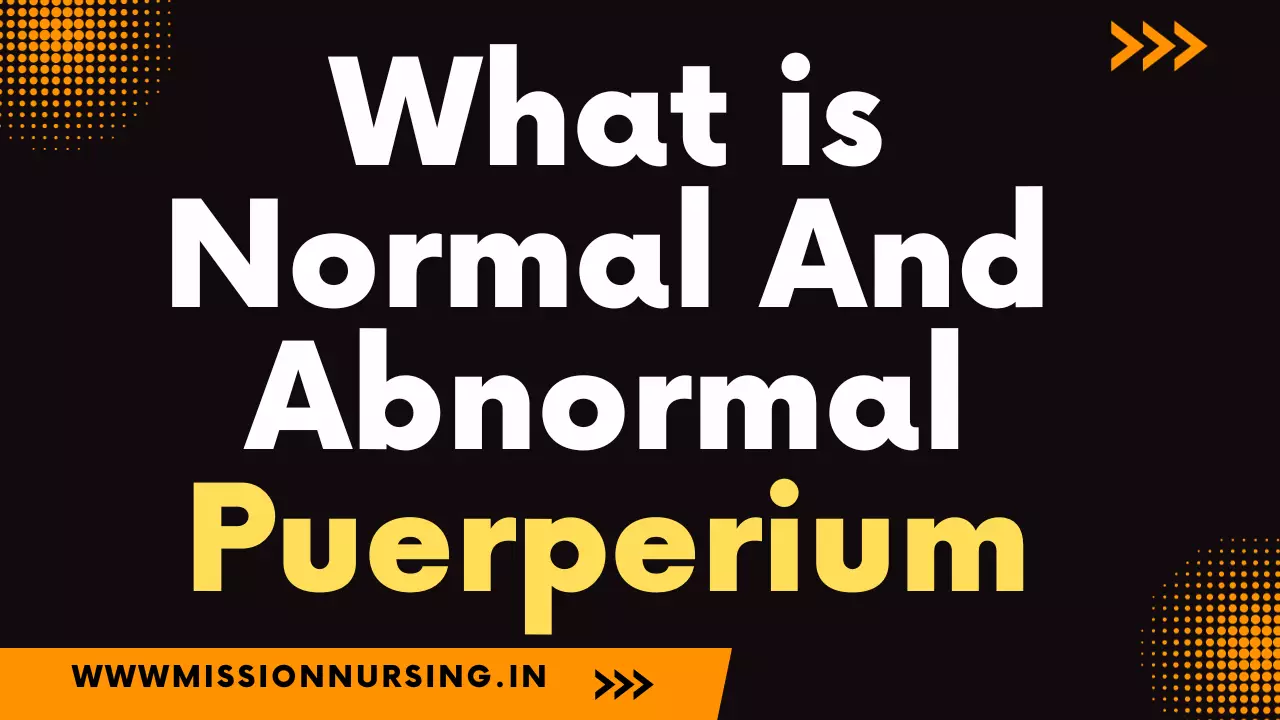



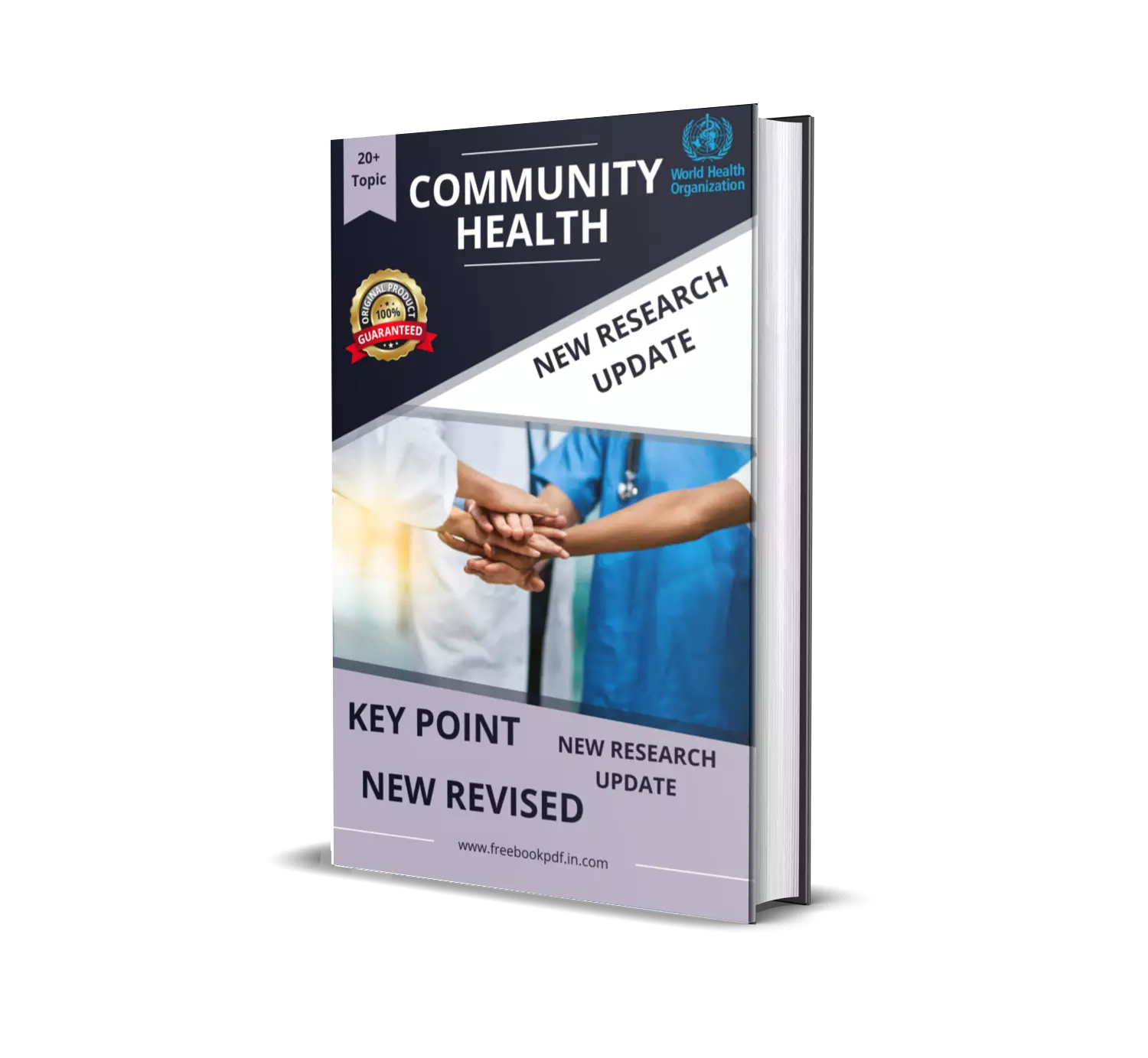
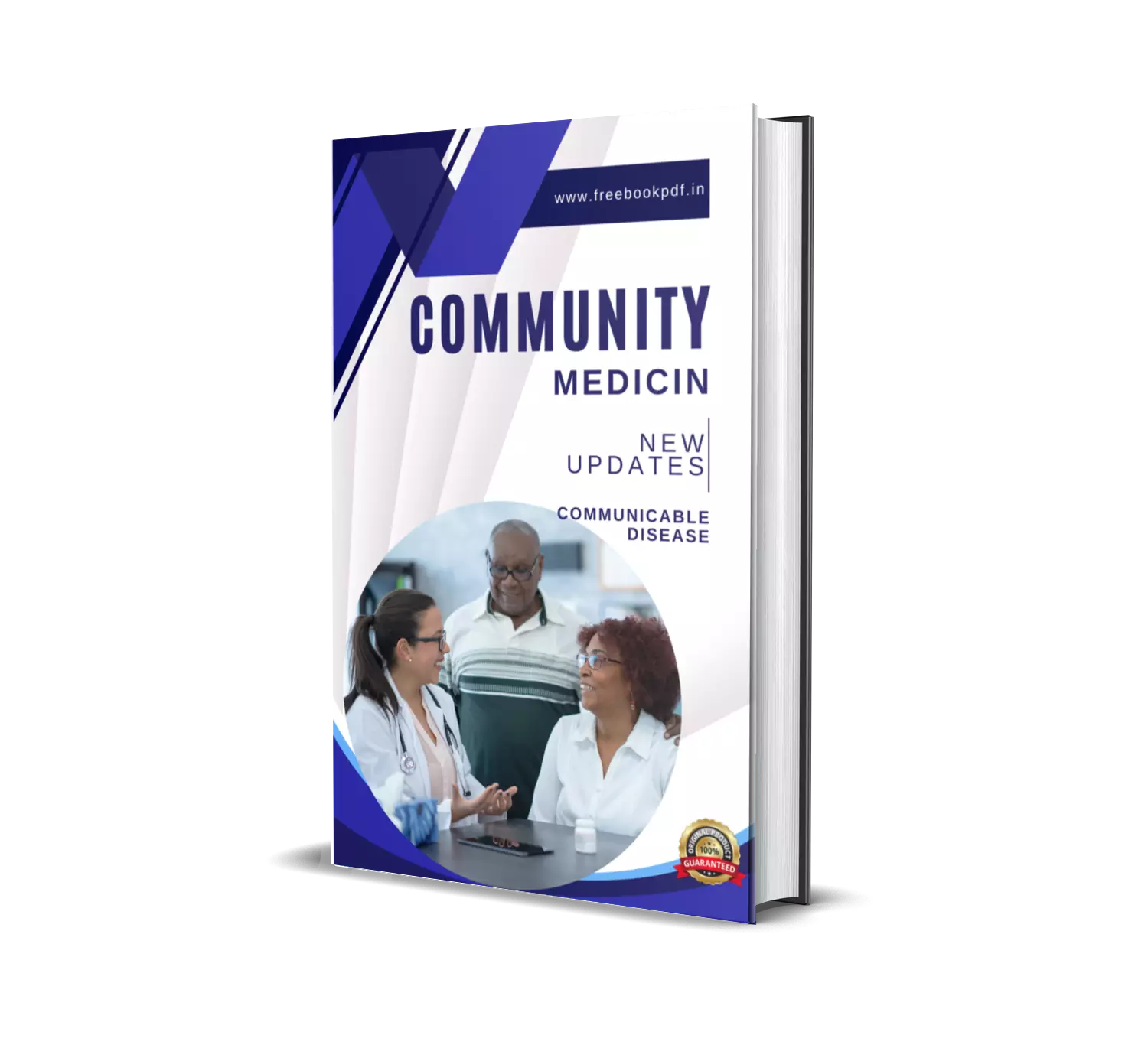

1 thought on “Nephrotic Syndrome: Treatments, Causes, & Symptoms”